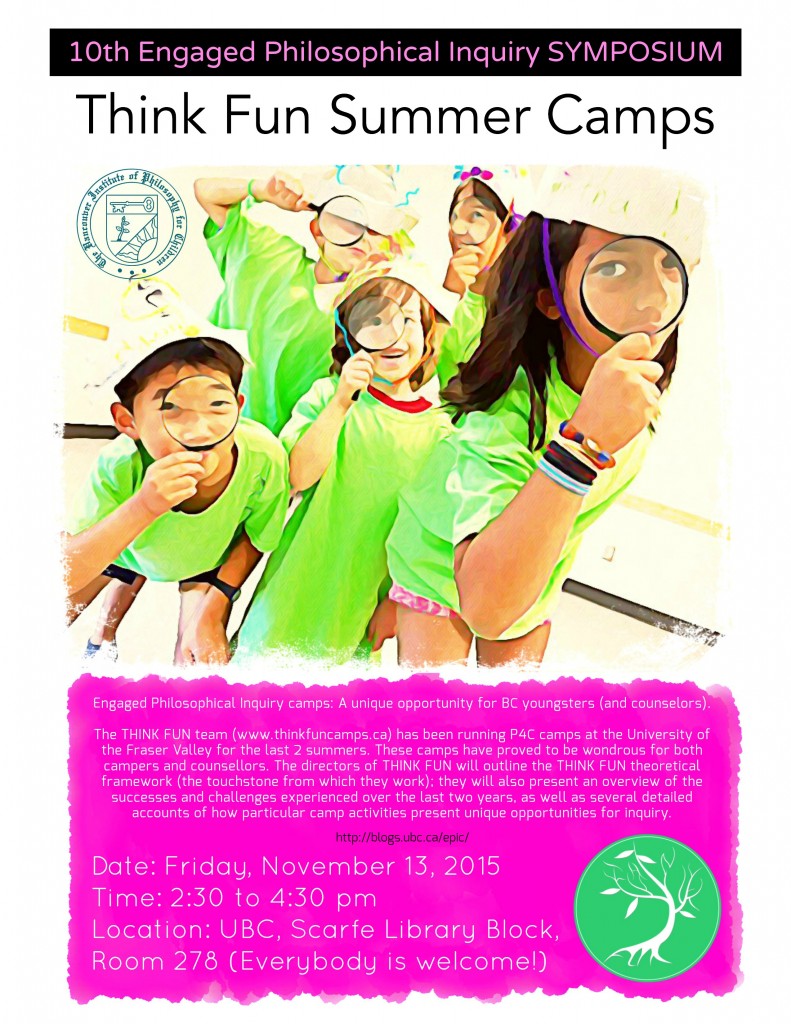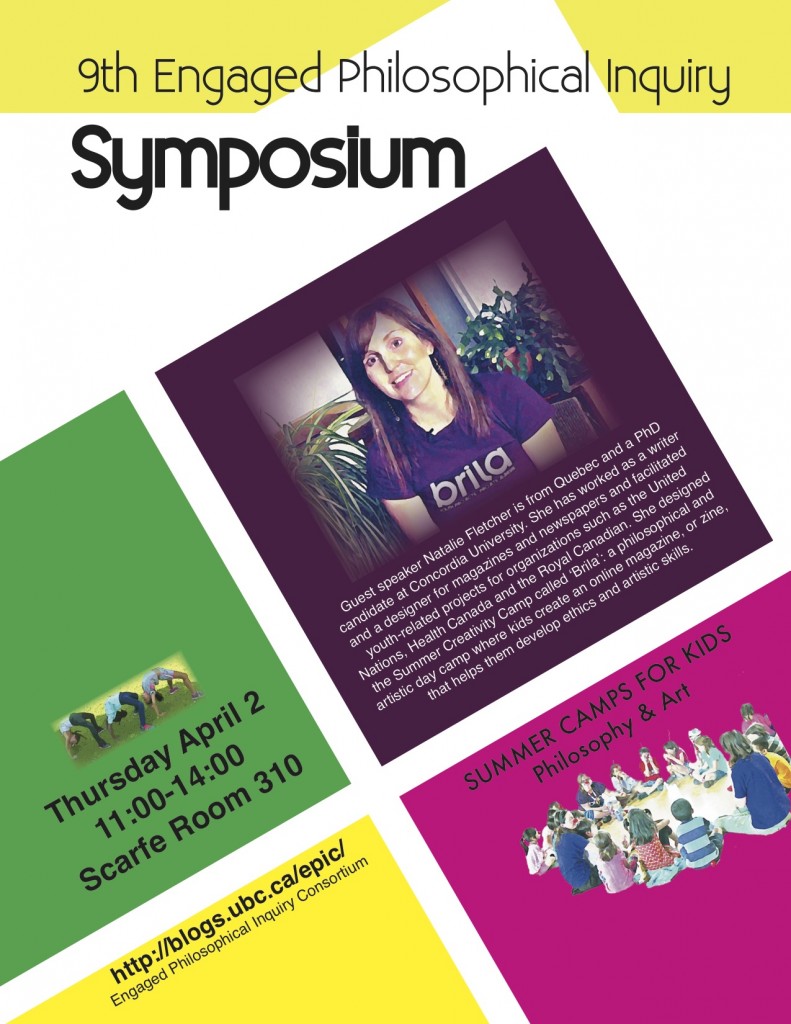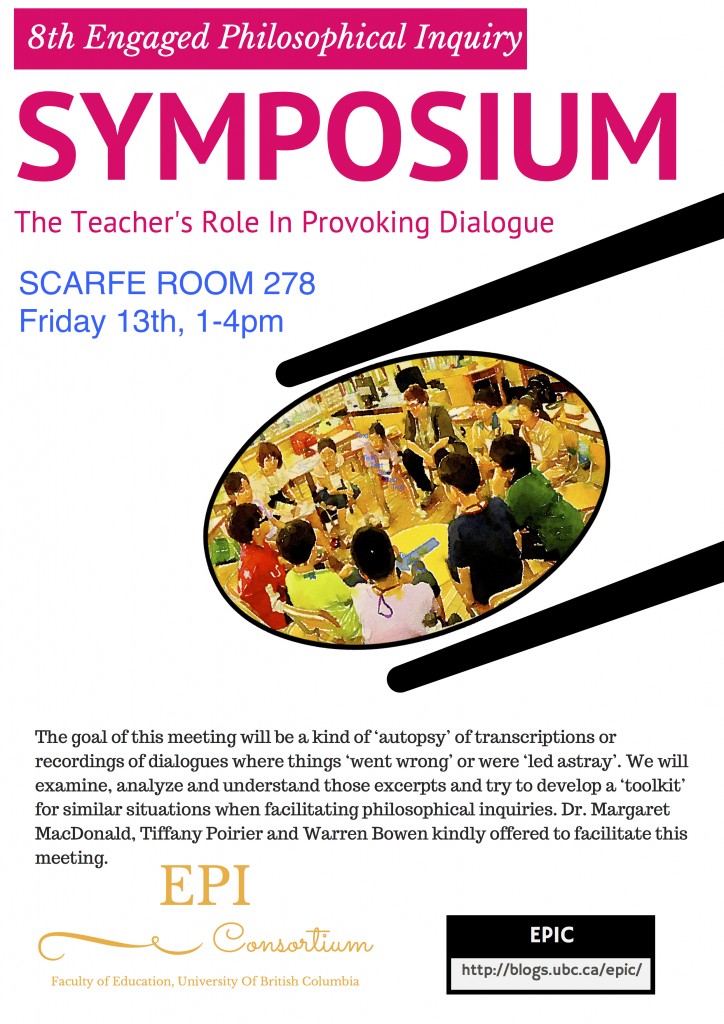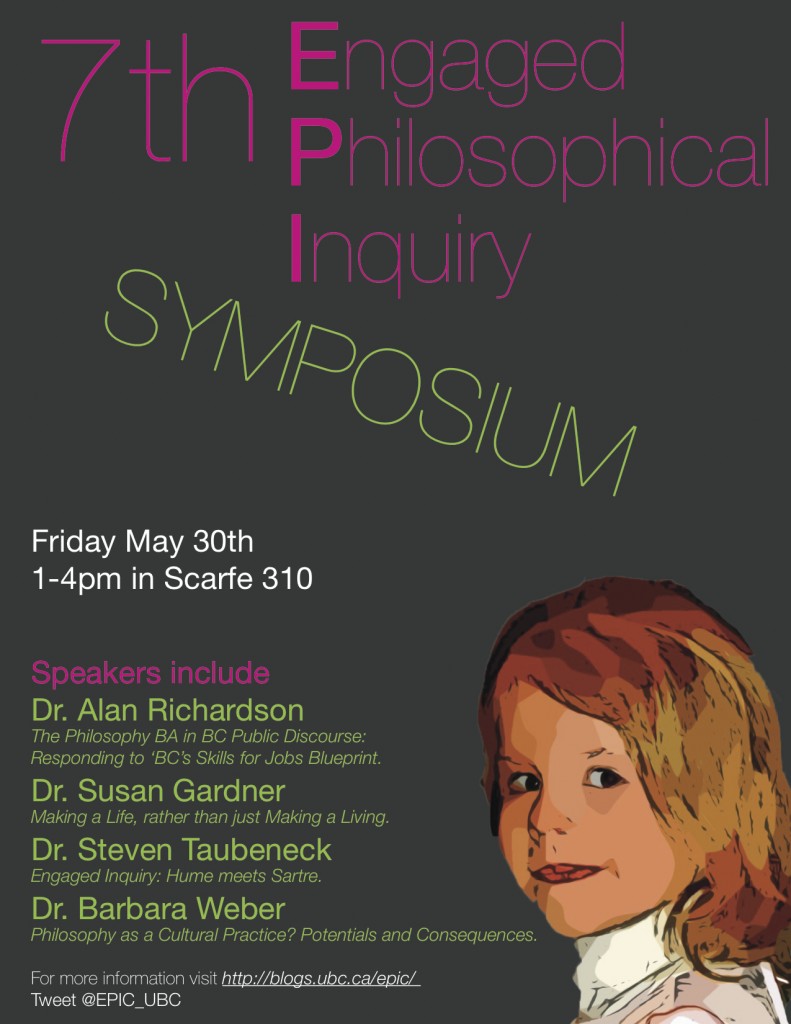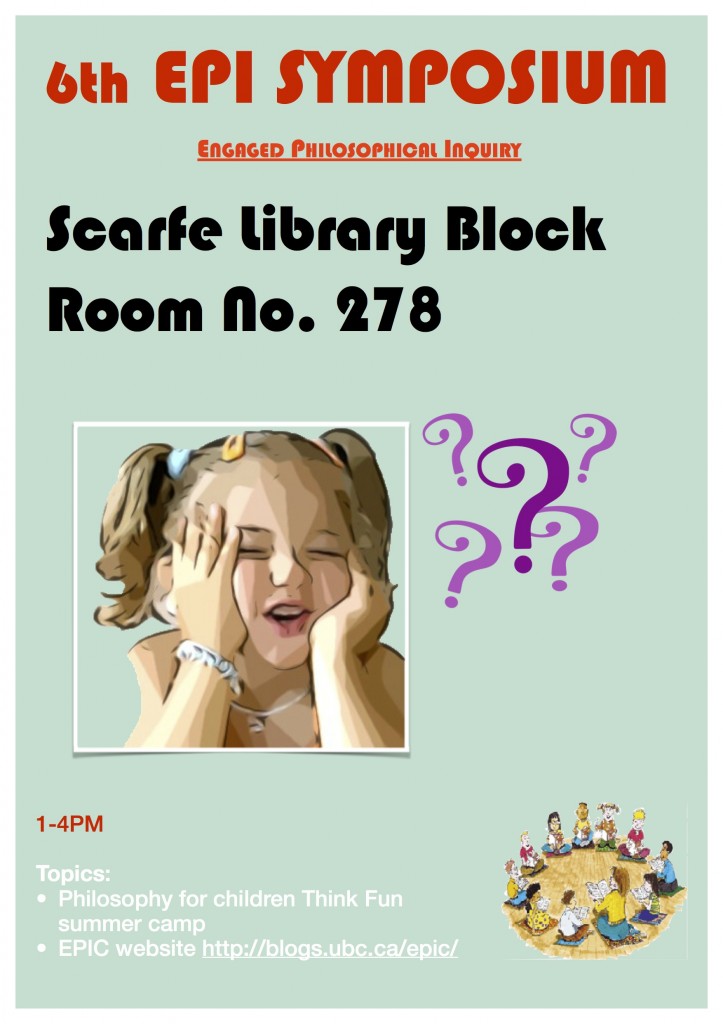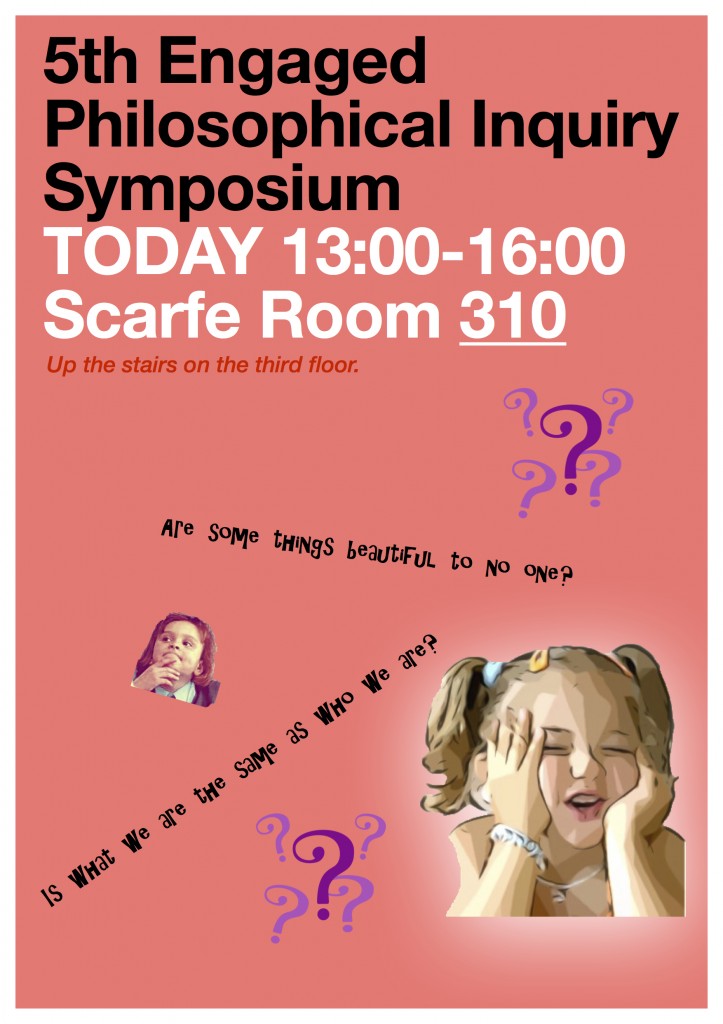……………………………………………………………………………………………….
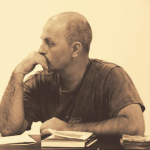 This session is titled after Dr. Kohan’s book, Paulo Freire: More than Ever?!, which will address the impossibility of education, time, and emancipation.
This session is titled after Dr. Kohan’s book, Paulo Freire: More than Ever?!, which will address the impossibility of education, time, and emancipation.
Monday, June 10th from 2:00-4:00 pm at Scarfe 310.
Speaker: Dr. Walter Kohan
……………………………………………………………………………………………….
Philosophy & Boardgames
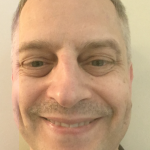 Join philosopher, author and public intellectual, Dr. Michael Picard as he introduces, demos and discusses the new board game, Tug of Logic.
Join philosopher, author and public intellectual, Dr. Michael Picard as he introduces, demos and discusses the new board game, Tug of Logic.
The game is a part of the annual Canadian High School Ethics Bowl, which takes place at the Canadian Museum for Human Rights, where recently it was played by almost a hundred students. It has been adopted as a resource for graduate students and teacher training by The Collaborative, an international network that seeks to integrate Humanities teaching and learning across all educational levels. Dr. Picard will briefly explain the game, facilitate the game, then hold a discussion.
Speaker: Dr. Michael Picard
……………………………………………………………………………………………….
 An exciting workshop led by Dr. Natalie Fletcher who is a philosophical practitioner and interdisciplinary researcher, visiting from Montreal.
An exciting workshop led by Dr. Natalie Fletcher who is a philosophical practitioner and interdisciplinary researcher, visiting from Montreal.Speaker: Dr. Natalie Fletcher
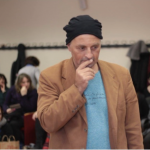
Date: Wednesday, December 5, 2018 Time: 12:00- 2:00 pm
Location: Scarfe Library Block 278
 What can Paulo Freire still teach us today? Why is Paulo Freire’s thinking and life still relevant to contemporary educators?
What can Paulo Freire still teach us today? Why is Paulo Freire’s thinking and life still relevant to contemporary educators?Date: Friday, October 26, 2018
Time: 4-6 pm
Location: Scarfe 310
Sept. 14, 4 to 6 pm, Scarfe 310 with Dr. Walter Kohan. The topic will be:
 There is an assumption, widely spread, that philosophy is a theoretical discipline that deals with abstract concepts. In this symposia we will try to show that this is true only of a certain tradition. But there are also others, one of which considers philosophy a very concrete exercise to put into question and think with other the problems of our daily experience. How does this experience of philosophy looks like when practice in an educational setting? This the other question that will also be the focus of this symposium.
There is an assumption, widely spread, that philosophy is a theoretical discipline that deals with abstract concepts. In this symposia we will try to show that this is true only of a certain tradition. But there are also others, one of which considers philosophy a very concrete exercise to put into question and think with other the problems of our daily experience. How does this experience of philosophy looks like when practice in an educational setting? This the other question that will also be the focus of this symposium.
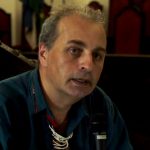 In between University and Public Schools: A Research Project at the State University of Rio de Janeiro
In between University and Public Schools: A Research Project at the State University of Rio de Janeiro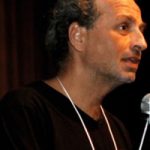 What Does it Mean to Think? From Philosophy for Children to Childhood in Philosophy
What Does it Mean to Think? From Philosophy for Children to Childhood in Philosophy What Does it Mean to Teach? Between Ignorance, Invention and Emancipation
What Does it Mean to Teach? Between Ignorance, Invention and EmancipationDate: February 2nd, 2018 Time: 2 – 4 p.m.
Scarfe Room 310
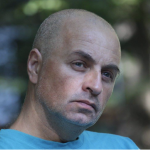 In this symposium, we will go back to Heraclitus to take a look at the relationship between time (aion) and child (pais). In addition, we will examine other concepts of Greek time (e.g. chronos, kairos) to consider alternative concepts of childhood. Finally we will explore how a concept of time affects our understanding of childhood and how a concept of childhood affects our understanding of time and education.
In this symposium, we will go back to Heraclitus to take a look at the relationship between time (aion) and child (pais). In addition, we will examine other concepts of Greek time (e.g. chronos, kairos) to consider alternative concepts of childhood. Finally we will explore how a concept of time affects our understanding of childhood and how a concept of childhood affects our understanding of time and education.Jacques Derrida (1991), Donner le temps. Paris: Galilée,
Heraclitus (2001). Maior Edition by Miroslav Marcovich. Sankt Augustin: Academia Publisher. Kohan, W. (2014). Philosophy and Childhood. New York: Palgrave.
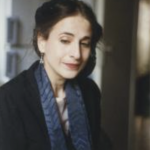 Ralis is a renowned actress, artist, author, poet and
Ralis is a renowned actress, artist, author, poet andplaywright living in Munich, Germany. Ralis’s notable theatre performances include work with the directors Ingmar Bergman and Peter Handke in the 1970s. Her minimalist artworks and poetic scripts are exhibited and performed at prominent museums and theatres throughout Europe and the United States.
Her poetry and short stories transport the reader through portraits of transcendence and her readings are spellbinding.
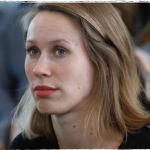 To critically investigate values and value judgments is considered an important citizenship skill (Veugelers & Vedder, 2003), and Floor Rombout believes that students typically learn and practice value-loaded critical thinking when they participate in a philosophical inquiry. For that reason, she has analyzed philosophical inquiries of five different teachers in their high school philosophy classes, in order to assess the amount and quality of value-loaded critical thinking in these inquiries. In addition, she will identify various ways in which teachers can give rise to critical examination of values. Together we will explore the concept of value-loaded critical thinking and the way in which we can facilitate inquiries aimed at developing value-loaded critical thinking of our students.
To critically investigate values and value judgments is considered an important citizenship skill (Veugelers & Vedder, 2003), and Floor Rombout believes that students typically learn and practice value-loaded critical thinking when they participate in a philosophical inquiry. For that reason, she has analyzed philosophical inquiries of five different teachers in their high school philosophy classes, in order to assess the amount and quality of value-loaded critical thinking in these inquiries. In addition, she will identify various ways in which teachers can give rise to critical examination of values. Together we will explore the concept of value-loaded critical thinking and the way in which we can facilitate inquiries aimed at developing value-loaded critical thinking of our students.“I suggest that George Grant’s critique of education is intertwined with his critique of time and technology, and that it is expressed in his teaching, in which subjective presence was paramount. Time as history, technology as the calculation and quantification of experience: these testified to what for Grant was the idolatry of modernity, our preoccupation with devices of convenience that eviscerate dialogue and obscure the revelation of Being. To idolatry I juxtapose iconography as conveying the character f the curriculum Grant affirmed.”
Speaker: Dr. William Pinar
……………………………………………………………………………………………….
In collaboration with CARBC (Centre for Addictions Research of BC), Dr. Mahboubeh Asgari has used EPI as both the content and means of professional development for high school teachers in order tohelp facilitate a non-stereotyped, open, and thoughtful discussion on drug use related topics. In this EPI symposium, she will highlight the structure and development of her work along with some examples of lesson plans and teaching/learning tools that incorporate elements of EPI.
Speaker: Dr. Mahboubeh Asgari
……………………………………………………………………………………………….
Philosophy as Askesis
Philosophy as Askesis with Bruce Moghtader. Bruce will also discuss the topic embraced by his recently published book entitled, Foucault and Educational Ethics.
In the Apology, Socrates defended himself against the charges of corrupting the youth and disclosed that he had been trusted with the task of taking care of others. In Socrates’ dialogues, philosophy as an activity of truth telling was not to arrive at true propositions or statements, nor to gain political power, but to actively examine thought and condct. Foucault (2011) highlights that Socrates took care of others so they might “learn to take care of themselves.” Together we will explore: What are some of the implications of approaching philosophy as askesis (an act of care) in philosophy for children?
Speaker: Bruce Moghtader
……………………………………………………………………………………………….
Engaged Philosophical Inquiry camps: A unique opportunity for BC youngsters (and counselors).
The THINK FUN team (www.thinkfuncamps.ca) has been running P4C camps at the University of the Fraser Valley for the last 2 summers. These camps have proved to be wondrous for both campers and counsellors. On November 13th, 2015, the directors of THINK FUN will outline the THINK FUN theoretical framework (the touchstone from which they work); they will also present an overview of the successes and challenges experienced over the last two years, as well as several detailed accounts of how particular camp activities present unique opportunities for inquiry. Finally, they will solicit suggestions about how best to go forward. For more on Philosophy for Children in Vancouver please go here: VIP4C.ca
Speakers: Dr. Susan Gardner and Arthur Wolf
……………………………………………………………………………………………….
Our guest speaker has worked as a writer and a designer for magazines and newspapers and facilitated youth-related projects for organizations such as the United Nations, Health Canada and the Royal Canadian. She has designed the Summer Creativity Camp called ‘Brila’: a philosophical and artistic day camp where kids create an online magazine, or zine, that helps them develop ethics and artistic skills.
Speaker: Natalie Fletcher
……………………………………………………………………………………………….
Analysing transcriptions or recordings of dialogues and finding where things ‘went wrong’ or were ‘led astray’. The goal is for this to help in developing a toolkit for facilitators of philosophical inquiries.
Speakers: Dr. Margaret MacDonald, Tiffany Poirier and Warren Bowen
……………………………………………………………………………………………….
What is ‘Engaged Philosophical Inquiry’ and what is its role in education and Society?
Speakers: Dr. Alan Richardson (Head of the Philosophy Department), Dr. Susan Gardner, Dr. Steven Taubeneck and Dr. Barbara Weber
……………………………………………………………………………………………….
The Think Fun Summer Camps
Speakers: Dr. Susan Gardner, Warren Bowen and Daniel Anderson
……………………………………………………………………………………………….
What is Engaged Philosophical Inquiry (EPI) and how EPI can connect with the core competencies within the new B.C Ministry of Education curriculum & assessment framework
Speakers: Dr. Kimberly A. Schonert-Reichl (Full Professor in the Department of Educational & Counselling Psychology, and Special Education, UBC) and Claire Rushton (Adjunct Teaching Professor and Faculty Associate, Coordinator Social and Emotional Learning Cohort, Department of Educational & Counselling Psychology, and Special Education, UBC)
Facilitators: Dr. Barbara Weber (Associate Professor, UBC) and Tiffany Poirier (District Resource Teacher in Gifted Education at the Prince Charles Elementary School, Surrey)
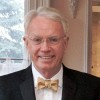

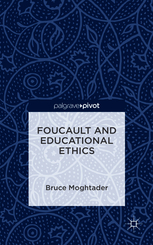 11th Symposium
11th Symposium